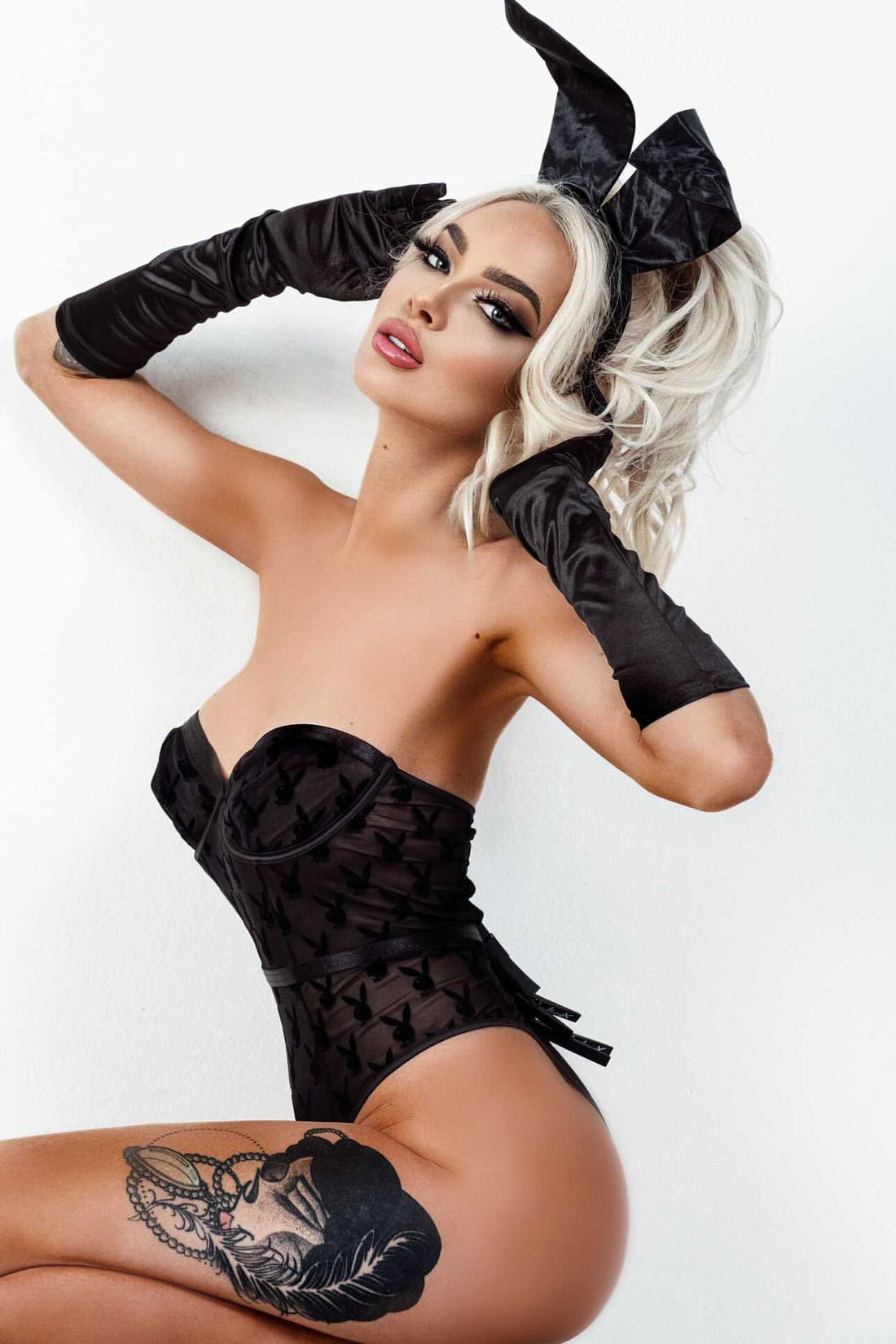At Golden glo, we understand that there are few things less embarrassing than a bad spray tan, especially one that looks orange. In all efforts possible to achieve the perfect shade for your organic spray tan, here are some tips to avoid turning orange this pumpkin season!
1) Remember that you are what you eat.
Did you know that carrots, pumpkins and other orange foods can actually make your skin look orange? We were surprised, too!
According to dermatologist Melissa Piliang, MD, carotenemia is caused by having too much beta-carotene in your blood steam. “Eating too many beta-carotene filled foods can turn your skin an orangey color,” says Dr. Piliang.
Some of the most popular beta-carotene filled foods include:
-
Apricots.
-
Cantaloupe.
-
Carrots.
-
Mangoes.
-
Oranges.
-
Pumpkin.
-
Squash.
-
Sweet potatoes.
Carotenemia is the perfect example of too much of a good thing. Instead focus on a well-balanced diet with a variety of fruits, vegetables, lean proteins, healthy fats and complex carbs. If you notice any sort of discoloration of your skin and it doesn’t clear up within a few days, make an appointment to see your doctor. -Cleveland Clinic
2) Come prepared for your spray tan.
Make sure to shower, shave, exfoliate and come lotion and makeup-free! Your skin is the canvas, and your spray tan will come out more even the less you have on your skin, to begin with.
3) Don't us DOVE! Stick to Organic.
The soaps that most of us use today are not our great-grandmother's soaps! Animal fats and lye have been replaced by toxic chemicals to increase lather, preserve the soap, and add fragrance. Since our skin is one of three routes toxins can enter the body, it's important to remember that these chemicals can not only impact our spray tans but our health in general.
Here are Chemicals to Avoid in Skin Cleansing Products:
Source: Non-Toxic for Health
-
BHA (butylated hydroxyanisole)/ BHT (Butylated hydroxytoluene) - are used as preservatives in food and personal care products mainly to prevent oils from becoming rancid. They are carcinogens and endocrine system disrupters (interfere with important hormone functions).
-
Parabens – especially propylparaben, the most toxic. Used as preservatives in food and personal care products. Are potential endocrine system disruptors.
-
Cocamide DEA - a foaming agent in shampoos, soaps and body washes. Possible carcinogen, and combines with other chemicals to create carcinogenic nitrosamines.
-
Fragrance – an undisclosed chemical mixture so health effects unknown.
-
DMDM Hydantoin – used as a preservative. It’s an allergen and formaldehyde releaser. This means that it reacts with other chemicals in skin cleansing products to create and release a carcinogen.
-
Phthalates – Phthalates are used as solvents and to increase spreadability and skin absorption in skin care products. Any product with fragrance will likely have phthalates. They are endocrine disruptors, allergens and asthmagens and cause inflammation.
-
Retinol – there are many forms of retinol, like retinol acetate, retinoic acid, retinol linoleate and retinyl palmitate used in skin care products. Some forms, in combination with sunlight, increases skin cancer risk.
We hope this article was helpful, and we wish you a fabulous pumpkin season!
Please consult your doctor if you have any questions or concerns about your health.


